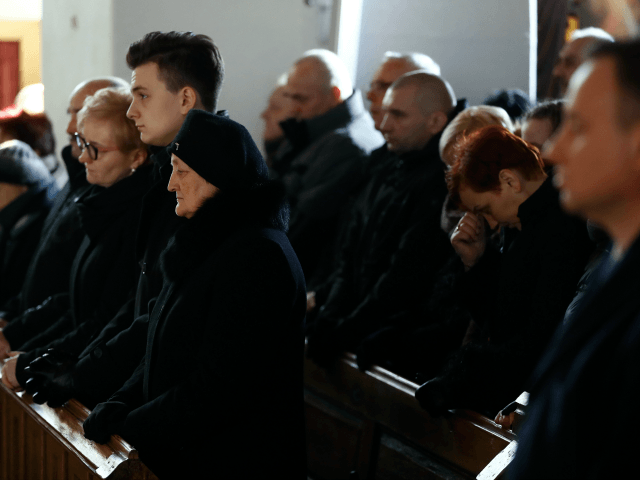The percentage of people attending church in Poland rose in 2015 from 39.1 per cent to 39.8 per cent, bucking a trend of decline across the rest of Europe.
Figures from the Institute of Statistics of the Catholic Church in Poland show the percentage of people receiving Holy Communion in the former Communist country also rose from 16.3 per cent to 17 per cent in the same year.
Meanwhile, the number of Catholic priests in the country also rose to a record 20,800 in figures that suggest the country is rejecting the secular liberalism of institutions such as the European Union (EU) and embracing its traditional Christian culture.
Religion website Zenit also says there was a “massive” reception of the Sacraments in parishes across the country in 2015, with 369,000 baptism, 360,000 confirmations, 270,000 first communions and 134,000 marriages.
Poland is showing signs of being increasingly resistant to globalist liberalism, adopting an ever more culturally conservative approach to issues.
In November, the country’s bishops, in the presence of President Andrzej Duda, proclaimed Jesus Christ “King of Poland” in a ceremony in Krakow, declaring: “We Poles stand before you to acknowledge your reign, surrender to your law, and entrust our homeland and the whole nation to you.”
The country is also increasingly resistant to mass immigration, with the government and population at large sceptical of open borders.
In April last year, the Polish government announced it would not accept 7,000 migrants it had previously agreed to take under EU-imposed quotas, saying the plan was “dead”.
Deputy foreign minister Konrad Szymanski said it was “not being implemented from the very beginning and nothing points to the fact that the majority of EU countries would implement it.”
A poll this month found that the majority of Poles do not want the country to accept asylum seekers from conflict zones, while 67 do not want to accept migrants from the Middle East and Africa. Young people are even more unwilling to accept asylum seekers than the older generation, with 62 per cent of under-35s being against.

COMMENTS
Please let us know if you're having issues with commenting.